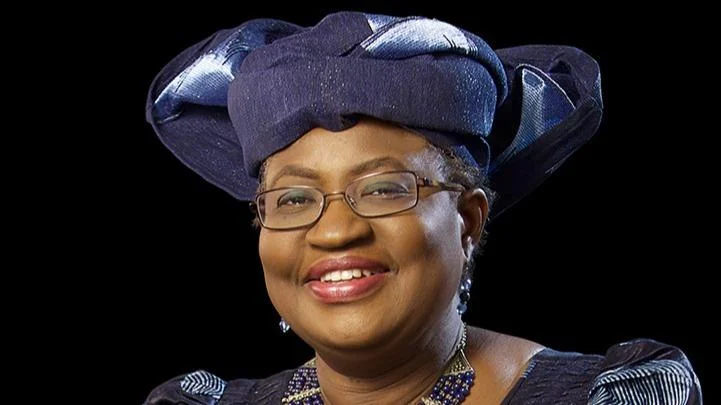On June 6, 2024, a conference was held in Baku to discuss Azerbaijan's accession to the World Trade Organization (WTO). The event was hosted by Professor Adalat Jalal Muradov, Rector of the Azerbaijan State University of Economics. Attendees included representatives from the Government of Azerbaijan, the private sector, academia, and Ambassador Alparslan Acarsoy, Permanent Representative of Türkiye to the WTO and Chairperson of the Working Party on the Accession of Azerbaijan.
Azerbaijan reactivated its WTO accession process last July after a six-year hiatus. This move reinvigorated a process that began 27 years ago. The accession involves extensive negotiations between existing WTO members and the acceding government to establish specific terms for entry. Applicants must undertake significant structural reforms such as reducing tariffs and non-tariff barriers, phasing out export subsidies, altering state-owned enterprises' operations, publishing trade-related decrees, and establishing independent tribunals to review administrative actions.
The benefits of these reforms have been highlighted by WTO economists who found that countries undergoing post-1995 accession processes experienced higher growth rates and more capital investment than those who joined earlier. Specifically, economies acceding to the WTO grew an average of 1.5 percentage points faster due to these reforms.
Accession also improves business environments significantly. Countries joining between 2004 and 2014 saw progress in starting businesses, obtaining credit, and trading across borders. These improvements made it easier for local businesses to thrive by reducing costs and leveling the playing field for all economic actors.
Real-world examples support these findings. Kazakhstan's commitments during its WTO accession helped attract foreign direct investment into non-extractive sectors like information and communication technology (ICT), leading to job creation and economic diversification. Similarly, Lao PDR simplified its border clearance procedures during its accession process, resulting in decreased import/export times.
A recent study by the Asian Development Bank commissioned by Azerbaijan's Ministry of Economy suggests that WTO accession could lead to substantial economic gains for Azerbaijan. These include a potential 9% increase in real GDP and a significant rise in tariff revenue due to increased trade volumes offsetting lower import duties. Foreign direct investment is projected to rise by up to 95%, supporting trade diversification and participation in global value chains.
Azerbaijan's strategic location at key trade corridors offers unique advantages that can be fully realized through investments in both hard infrastructure and "trade policy connectivity." The WTO Trade Facilitation Agreement could reduce trade costs by up to 14.3%, which would be particularly beneficial for landlocked economies like Azerbaijan.
The journey towards WTO accession requires collaboration among government entities, the private sector, academia, and partner institutions. Conferences like this one play a crucial role in facilitating this collective effort. The WTO Secretariat remains committed to providing necessary assistance throughout this process.
In closing remarks, it was noted that since Azerbaijan initiated its application in June 1997, numerous economies have successfully completed their accession processes. Two new members—Comoros and Timor-Leste—are set to join soon following their Accession Protocols' signing in February.

